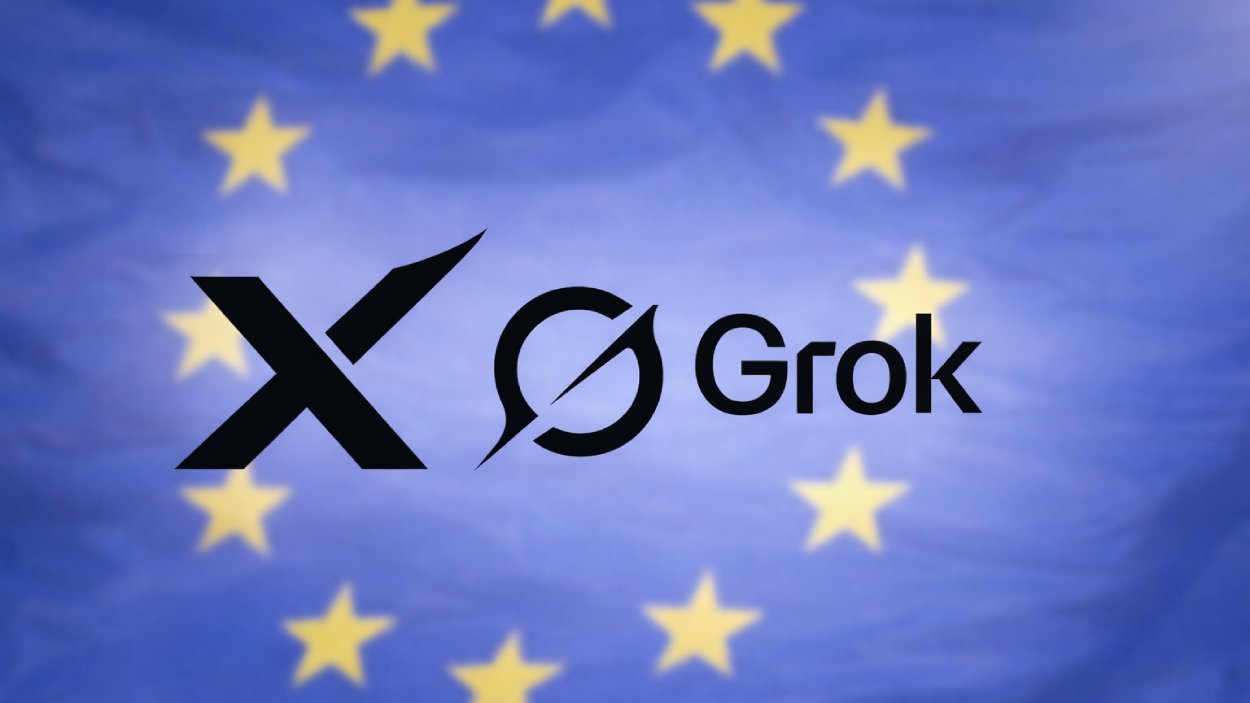Japan is preparing to treat cryptocurrencies like traditional financial products as it drafts new rules to criminalize insider trading in the digital asset space.
Quick Summary – TLDR:
- Japan’s FSA is introducing a legal framework to ban insider trading in crypto markets by 2026
- New rules will treat cryptocurrencies like stocks under the Financial Instruments and Exchange Act
- SESC will gain powers to investigate and penalize offenders using confidential market information
- Tax reforms and regulatory clarity aim to attract institutional investors and enhance market transparency
What Happened?
Japan’s Financial Services Agency (FSA), along with the Securities and Exchange Surveillance Commission (SESC), is set to introduce sweeping reforms to regulate the cryptocurrency market. By 2026, insider trading involving digital assets will be criminalized, placing crypto on the same legal footing as stocks and bonds under the Financial Instruments and Exchange Act (FIEA).
Japan Moves to Ban Crypto Insider Trading with Upcoming Regulations
— MartyParty (@martypartymusic) October 14, 2025
The Nikkei detailed plans by Japan’s Financial Services Agency (FSA) to introduce new rules explicitly banning insider trading in cryptocurrencies. This builds on earlier proposals from March 2025 to reclassify…
Japan’s Regulatory Crackdown on Crypto Insider Trading
The push for stricter oversight comes as crypto trading surges in Japan, with over 7.88 million active accounts recorded as of August 2025. This represents a four-fold increase in just five years. Until now, insider trading laws did not apply to digital assets, leaving room for market manipulation and unfair advantages.
The proposed legislation would allow the SESC to:
- Investigate suspicious crypto trades involving non-public information.
- Impose fines based on illicit gains.
- Refer serious violations for criminal prosecution.
Examples of prohibited conduct would include:
- Buying or selling tokens ahead of public exchange listings.
- Trading based on knowledge of unreported security flaws.
To clarify what constitutes insider trading in this context, the FSA plans to establish a working group by the end of the year. This group will define guidelines and ensure exchanges have appropriate compliance procedures in place.
Moving Crypto Under the Financial Instruments and Exchange Act
The key shift in Japan’s regulatory landscape is the move to reclassify cryptocurrencies from the Payment Services Act to the FIEA. This would:
- Ban insider trading using undisclosed information.
- Place cryptocurrencies under securities-style oversight.
- Establish the Crypto Bureau to oversee compliance and international coordination.
By making this change, Japan is closing a major regulatory loophole. Until now, the country relied heavily on self-regulation through exchanges and the Japan Virtual and Crypto Assets Exchange Association.
Making Crypto More Legitimate and Investor-Friendly
This legal overhaul is not just about enforcement. The FSA’s reforms are part of a larger initiative aligned with Tokyo’s “New Capitalism” economic strategy. That includes:
- Introducing a flat 20% capital gains tax on crypto profits, replacing progressive tax rates that went as high as 55%.
- Encouraging the development of crypto exchange-traded funds (ETFs), including spot Bitcoin ETFs.
- Mandating stablecoins be backed by low-risk assets such as government bonds or fixed-term deposits.
Companies like SBI VC Trade have already started processing USDC transactions under the updated framework, reflecting early adaptation to the new rules. Institutional players such as Nomura, through its crypto arm Laser Digital, are also reportedly engaging with regulators to acquire crypto trading licenses.
SQ Magazine Takeaway
Honestly, this is a long-overdue move. If crypto wants to be taken seriously as an asset class, it must be subject to the same rules as stocks and bonds. I’m glad to see Japan stepping up with a clear legal framework. It’s not just about punishing bad actors but about building real trust in the crypto ecosystem. By combining regulation with tax reform and ETF access, Japan is showing how to create a safe and investable crypto market. Other countries should take notes.


































































